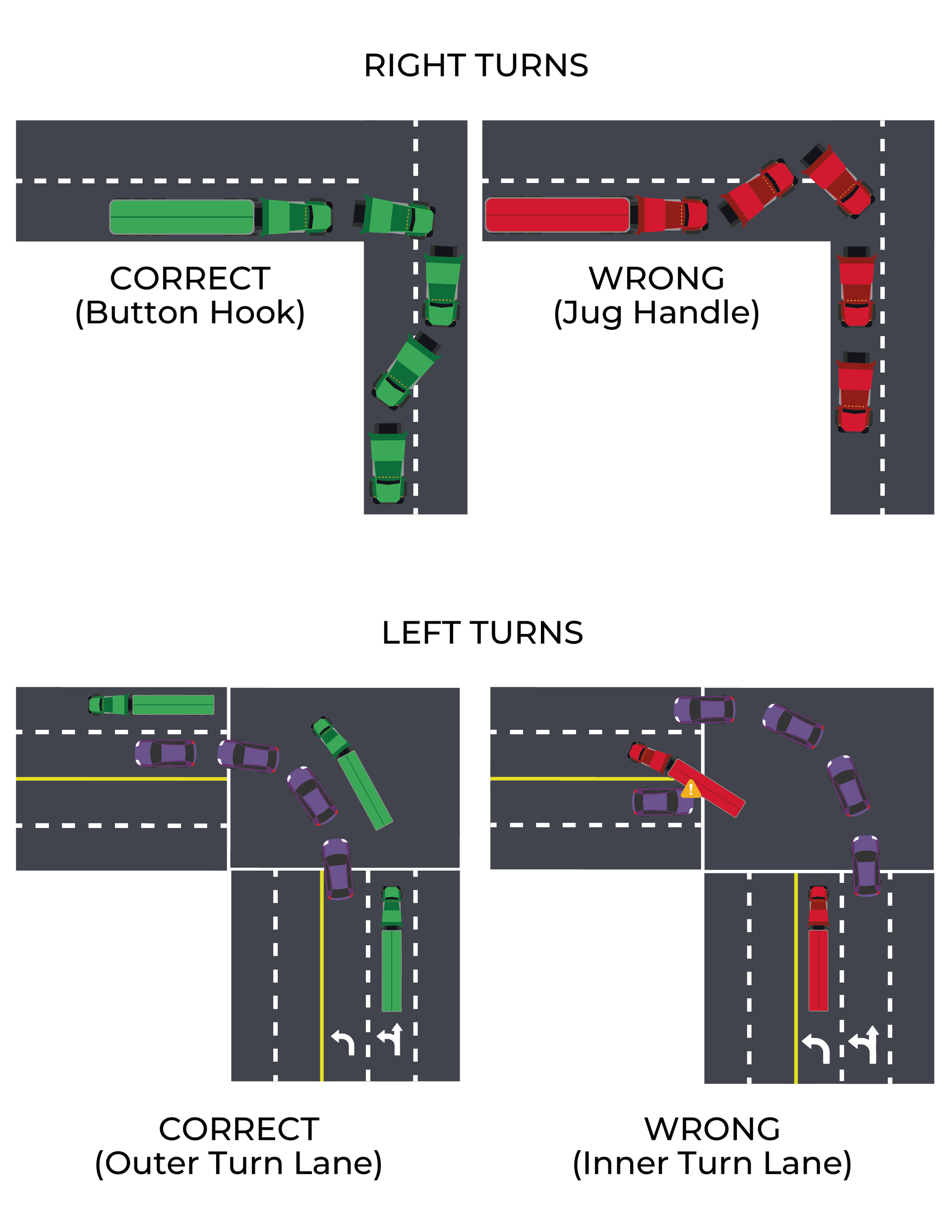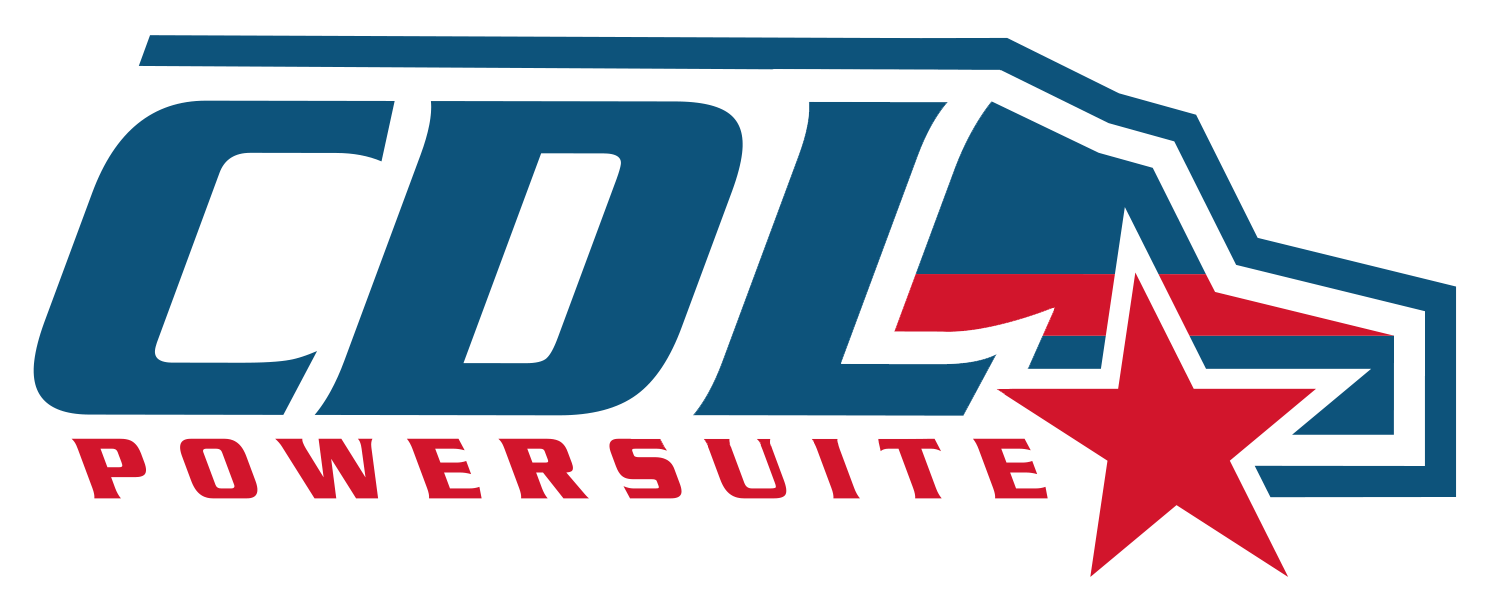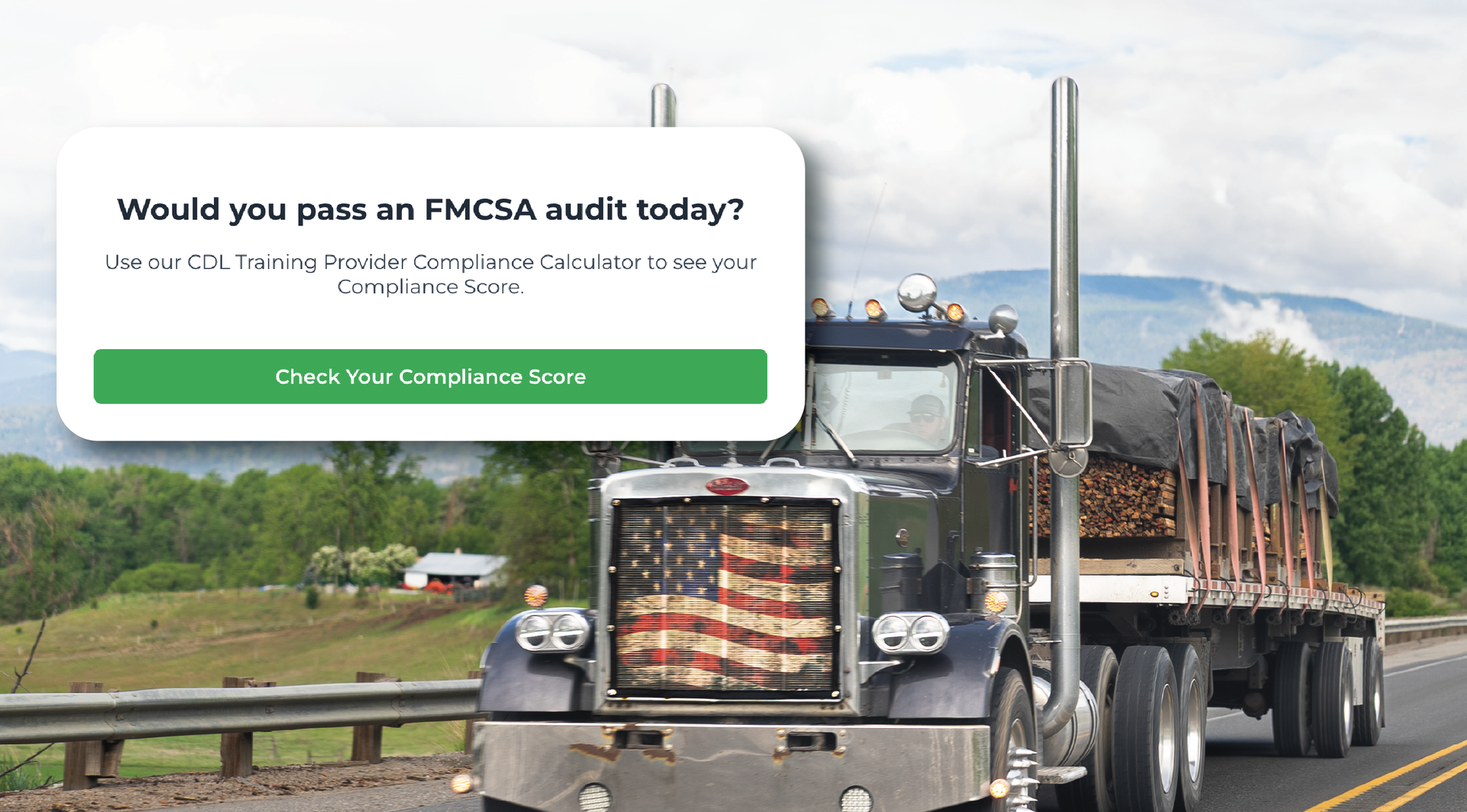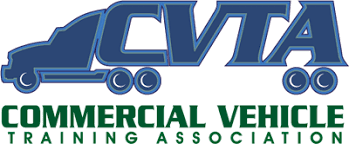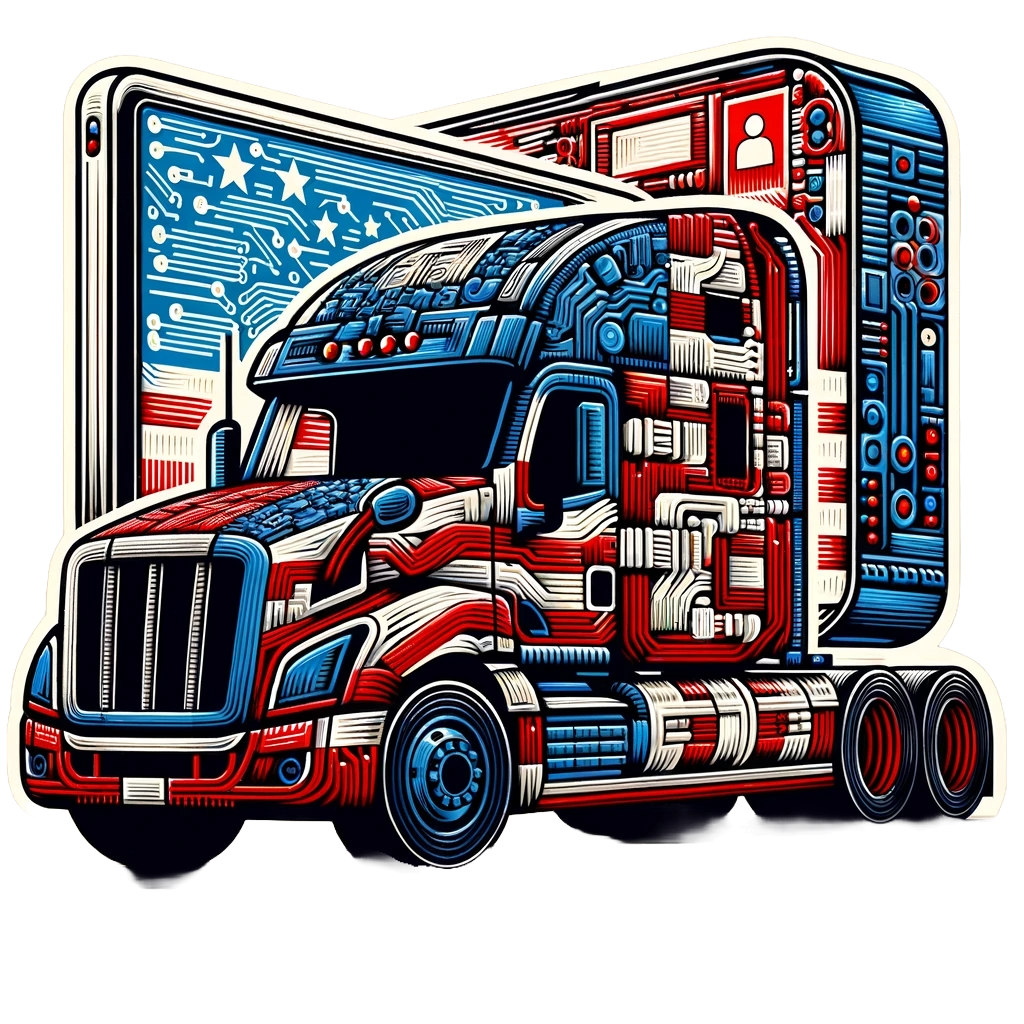Files that CDL Training Providers Must Collect From Trainees
Jason Boudreau • January 9, 2025
As a CDL training provider, staying compliant with FMCSA federal regulations is crucial. Part of this responsibility involves collecting and maintaining specific files from trainees to meet Entry-Level Driver Training (ELDT) standards. Here’s a concise guide to ensure your training program is on track.
Federally Required Documents to Collect,
also known as Student Qualification (SQ) Files:
- Driver’s License
- Collect a copy of the trainee’s valid driver’s license to verify eligibility for CDL training.
- Commercial Learner’s Permit (CLP)
- Obtain a copy of the trainee’s valid CLP, which is required before any behind-the-wheel training.
- Medical Examiner’s Certificate (Medical Card)
- Maintain a copy of the trainee’s medical card, issued by a certified medical examiner listed on the FMCSA’s National Registry.
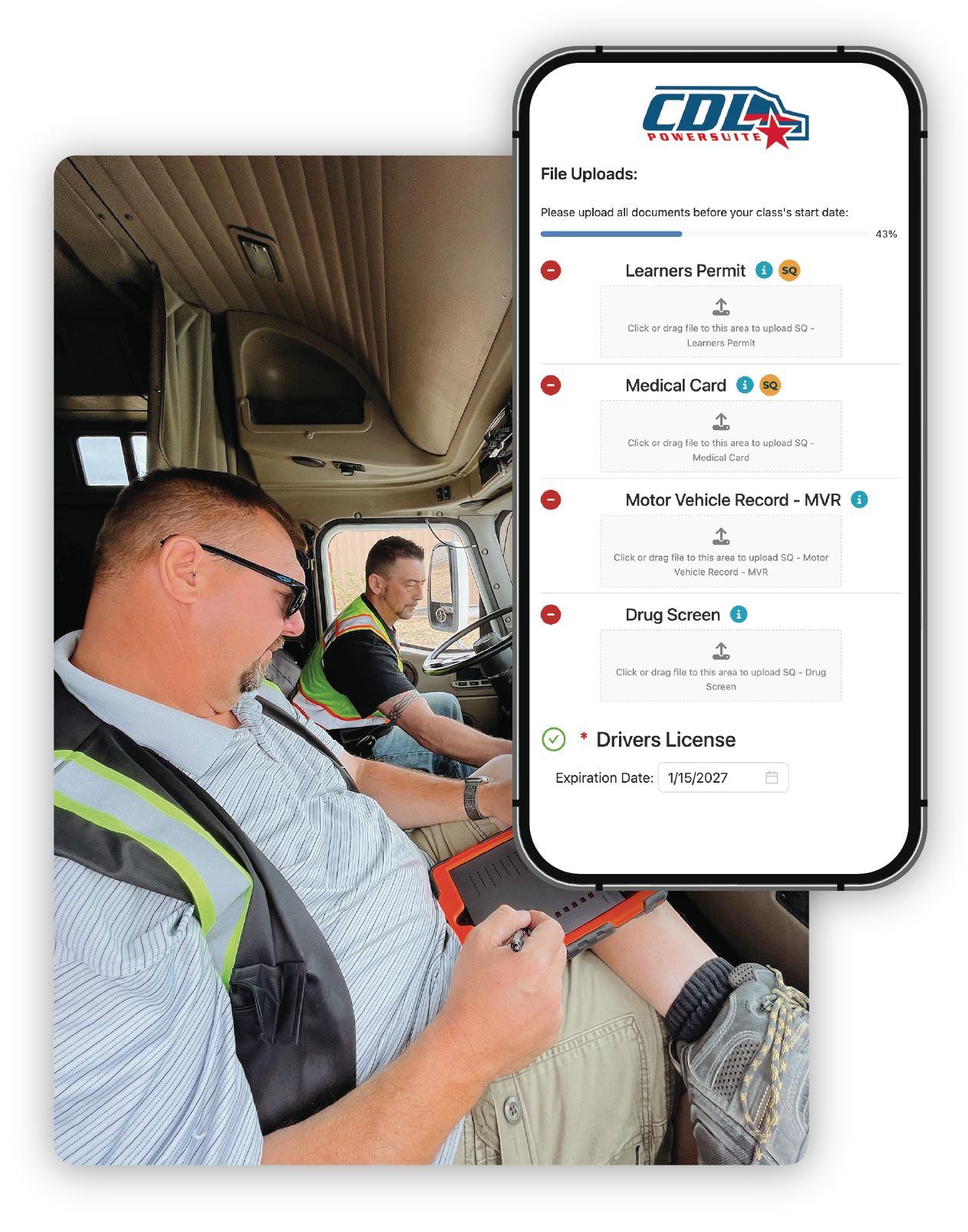
Documents to Verify (Not Required to Collect)
- Drug Screen Compliance
- Trainees must self-certify compliance with drug and alcohol testing regulations under
49 CFR Part 382. While holding the actual drug screen results is not federally required, ensuring trainees meet this requirement is critical. Some training providers choose to retain proof as a best practice.
Are MVRs Federally Required for Training Providers?
The
FMCSA does not explicitly require training providers to collect and retain MVRs for trainees as part of their federal documentation responsibilities. However:
- State-Specific Requirements: Some states may mandate MVRs as part of the CDL or CLP application process. Training providers operating in such states might need to collect or review MVRs to ensure trainees meet state eligibility criteria.
- Best Practices: Many training providers choose to request MVRs as part of their internal policies to:
- Ensure trainees meet safe driving history requirements.
- Verify eligibility for obtaining a Commercial Learner’s Permit (CLP).
- Employers’ Perspective: Employers hiring new CDL drivers often require recent MVRs to verify compliance with
49 CFR Part 391, which governs driver qualification files.
Record Retention Requirements
Training providers must retain all required documents, training records, and certification information for at least
three years after the trainee completes the program. These records may be subject to FMCSA audits.
Conclusion
In conclusion, maintaining proper documentation is not just about meeting FMCSA requirements—it’s about building a professional and compliant CDL training program that supports your trainees’ success. By collecting the necessary files, verifying critical certifications, and retaining records for the required timeframe, you ensure your program operates smoothly and remains audit-ready. Staying organized and compliant not only safeguards your business but also enhances the reputation and reliability of your training services. Prioritize these practices, and you’ll be well-equipped to drive the future of safe and responsible commercial drivers.
